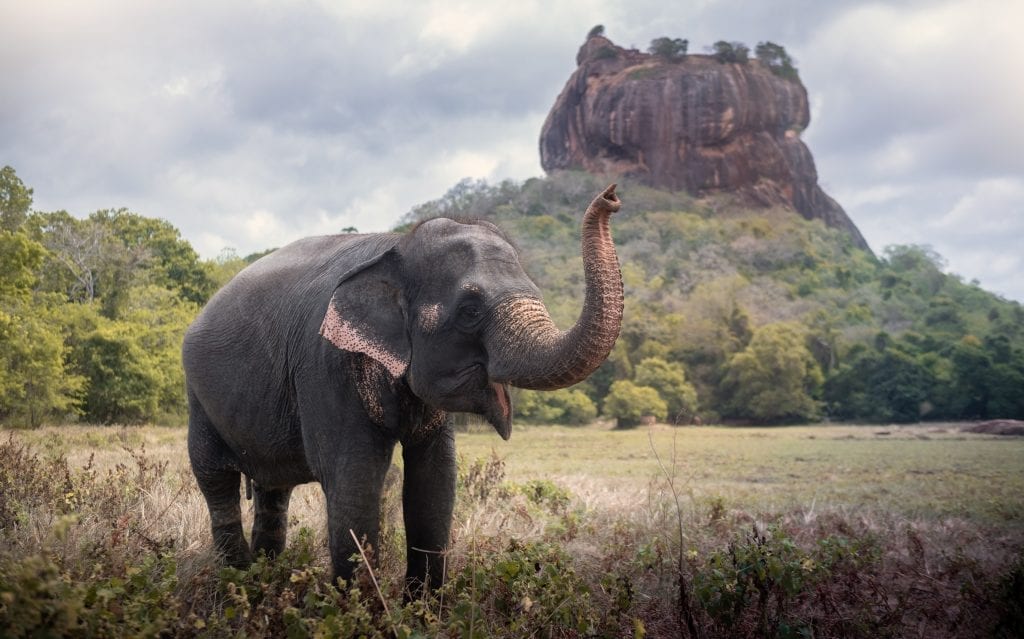Ripple effects of the coronavirus are now spreading across all business sectors, a reflection of the outsize influence China has on global trade and tourism. When Asia was ravaged by the severe acute respiratory syndrome (SARS) in 2003, the Chinese travel boom was just beginning and the risks of an over-reliance on China as a visitor source market had yet to become apparent.
Fast forward to 2020, many tourism industry stakeholders in Asia have come to the realization that overexposure to China, or any other single market, is unhealthy. The coronavirus outbreak is just the latest, if not most painful, reminder for destinations to adopt a diverse market strategy, if they haven’t already done so.
South Asia, meanwhile, has often been overshadowed as a travel destination and source market, amid the world’s rapt attention to China’s mighty rise on the global tourism scene in the past two decades.
Just look to Sauraha, a village near Nepal’s Chitwan National Park. Turning its back on mass tourism practices, the village is currently transitioning from an elephant-back safari to an observation-only attraction, with the view that an elephant-friendly destination model will be more beneficial to business as well as social and environmental bottom lines in the longer run.
Simply put, the latest crisis spells a perfect opportunity for Asia tourism players to keep calm and carry on good practices.
— Xinyi Liang-Pholsena, Skift Asia Editor, xl@skift.com, @xinyi_pholsena
Skift Stories and More Expert Insights
The Future of Elephant Tourism Will Be Showcased in This Nepalese Village: It seems far-fetched that a tiny village in Nepal that depends on elephant-back safaris could one day be a million-dollar profit attraction. If this initiative works, it’s a great day for tourism communities.
AirAsia CEO Tony Fernandes Out For Now Amid Airbus Bribery Probe: There’s always some give-and-take whenever any customer places a big order for anything. But did Airbus go too far to try to sway AirAsia? And what will this mean for CEO Tony Fernandes’ grand digital plans?
The Story of Oyo’s Troubles Is the Story of Modern India: What’s happening with Oyo cannot be looked at separately from the modern Indian milieu that gave birth to it, and in which it operates. Oyo now needs to rise above that legacy and bring in the global business practices that ensure it survives and thrives in the future.
Pakistan Gets Serious About Its Tourism Pitch: Once thought of as one of the world’s most dangerous countries, Pakistan is back in the spotlight, but this time as a budding tourist destination. The government — led by former cricket star Imran Khan — has an amazing opportunity to leverage this interest into economic development, but in a country prized for its natural beauty, sustainable growth must be a priority.
Coronavirus’ Effect on the Travel Industry Deepens as Global Emergency Is Declared: While the World Health Organization has stopped short of calling for a shutdown of global travel and trade, many travel companies are limiting their operations to reduce the impact of the coronavirus outbreak on their financials while helping to safeguard public health.
Virus Outbreak Leaves Asia Grappling With Tourism Fallout — and Growing Xenophobia: The coronavirus threat has given rise to a cloud of anti-Chinese discrimination. A virus outbreak is not an occasion for xenophobia or prejudice but a time for the tourism sector to work in solidarity to overcome the crisis. After all, viruses respect no borders or nationalities.
United, American, Delta Drop Flights to Mainland China After State Department Issues Guidance: U.S. airlines had no choice. Their customers and their crew members do not want to go to China. Why should they fly empty planes there?
Airbnb Taps a Former Disney Theme Park Exec to Run Its Experiences Business: Experiences could become a big business for Airbnb, but a cautionary note is that competition from venture-backed companies is heating up. The sector leader, Tripadvisor, just took a step back to reboot its experiences strategy while laying off employees.
Asia Editor Xinyi Liang-Pholsena [xl@skift.com] curates the Skift Asia Weekly newsletter. Skift emails the newsletter every Wednesday.
Subscribe to the Free Skift Asia Weekly Newsletter
Subscribe to Skift Pro to get unlimited access to stories like these
{{monthly_count}} of {{monthly_limit}} Free Stories Read
Subscribe NowAlready a member? Sign in here
Subscribe to Skift Pro to get unlimited access to stories like these
Your story count resets on {{monthly_reset}}
Already a member? Sign in here
Subscribe to Skift Pro to get unlimited access to stories like these
Already a member? Sign in here
